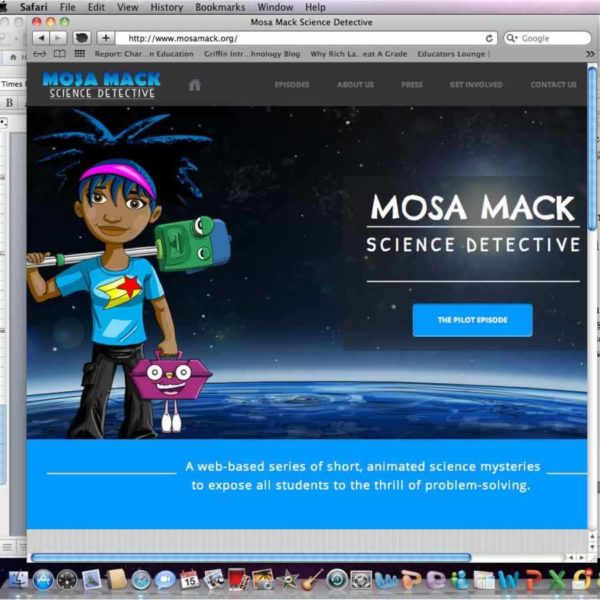These emerging ed-tech services were recognized for their impact and potential in spring 2014

A “discovery engine” that uses a personalized search service to help professionals find reputable online degree programs from accredited universities, and an assessment application that allows teams of instructors to grade documents online, were among the new ed-tech services recognized for their promise by the Software and Information Industry Association’s Education Division.
The SIIA’s Innovation Incubator Program identifies and supports ed-tech entrepreneurs in their development and distribution of innovative learning technologies.
The program is open to applicants from academic and nonprofit institutions, pre-revenue and early-stage companies, and established companies with newly developed technologies. Ten finalists and one alternate were recognized during the SIIA’s 2014 Education Industry Summit in San Francisco May 12-14.
Summit participants chose Ranku as the service Most Likely to Succeed. A “discovery engine” for online degrees, Ranku uses personalized search through LinkedIn and Facebook to help adults find reputable online degrees from accredited nonprofit universities that struggle to attract students.
Crowdmark was the ed-tech service judged Most Innovative. It’s a web-based application that facilitates the collaborative assessment of documents on a large scale. Crowdmark makes it easy for instructors to assemble and manage teams of qualified markers for large classes such as Massive Open Online Courses (MOOCs).
Two services tied as the Educators’ Choice: ClassFlow, a free software program from Promethean that facilitates collaborative teaching with technology, and Mosa Mack: Science Detective, an online library of animated science mysteries for middle school students. These inquiry-based activities are designed to empower all students, but especially underrepresented populations such as girls and minorities.
Smart Science, a series of interactive, video-based online science labs for students in grades 4-12, was voted the runner-up in the Most Likely to Succeed category. Nepris, an online platform that connects STEM teachers with industry experts in order to expose students to real job skills and role models, was the runner up as Most Innovative new ed-tech service.
Here are the other four Innovation Incubator participants:
• Capture Education’s ScheduleSmart software is an intelligent scheduling program that analyzes elements such as grades, attendance, learning style, and interests to place students in classes where they’re most likely to succeed.
• EDUonGo is a cloud-based platform that makes it easy for educators and subject-matter experts to create virtual courses. The basic service is free and includes 2 gigabytes of storage; if instructors want to charge for their course, EDUonGo takes 20 percent of the revenue.
• Million Dollar Scholar is an open online platform that teaches high school and college students how to find and win scholarships for school.
• Mondokio International News compiles and translates news articles on major topics from around the world. Mondokio, which means “world eye” in Italian, is not only a platform for global literacy; it also helps students understand biases in news coverage by allowing them to consider multiple perspectives on the same topic.
In addition, SchoolToolsTv.com was chosen as an alternate for the Innovation Incubator program. A state-of-the-art video website, SchoolToolsTv.com provides teachers with daily, one-minute videos that help teach important social skills, create a healthier school climate and reduce bullying.
“Innovative technology in the classroom is key to revitalizing the educational experience,” said Karen Billings, vice president of the SIIA’s Education Division, in a press release. “This year’s Innovation Incubator participants have provided products that are central to keeping our students engaged while promoting creativity and entrepreneurship.”
Follow Editorial Director Dennis Pierce on Twitter: @eSN_Dennis.
- Can technology help schools prevent AI-based cheating? - April 14, 2023
- How to ensure digital equity in online testing - July 6, 2022
- ‘Digital skills gap’ threatens innovation - May 30, 2022

